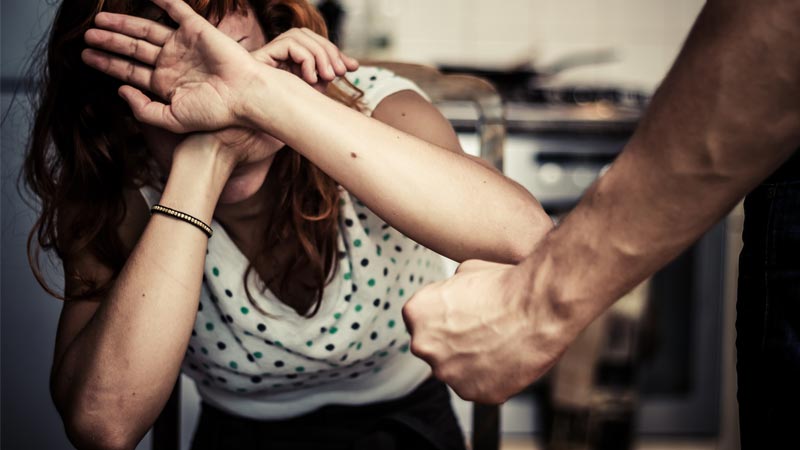Recognizing Domestic Violence
How Do You Know Someone is Suffering From a Domestic Violence Situation?
If you’re suffering from domestic violence, you may already know that you need to leave. But leaving a dangerous situation can be very difficult. You may even need a legal defense team if you are looking to file for divorce, gain custody of a child, or deal with other situations a messy separation might bring up.
But how do you know if you’re in an abusive relationship?

While abuse can be different for everyone, there are some pretty common signs of abuse. These can include everything from controlling your money to physical violence.
Controlling, Threatening, & Bullying Behavior
If your partner yells at you and makes you feel less-than, punches the wall or throws things when they’re angry, threatens to harm or kill someone close to you or you, tries to control how you look, is overly critical, or accuses you of having an affair, then you may be in an abusive relationship.
No one is perfect, and there will be times when you and your partner disagree or have heated arguments, but there should always be a level of respect and care, even when you’re both angry. When your partner tramples that and crosses the line between having a disagreement and being emotionally or mentally abusive, this is not a healthy situation.
Controlling Finances
Since abusers typically base their abuse on control, it’s easy to see why controlling your finances can be a clear sign of abuse.
Some ways abusers control your finances are to make sure they keep all of the credit cards and cash away from you, they give you an allowance but expect you to tell them where every dollar you spend goes, they may control if you work and what kind of job you can have, they may even keep the money for basic things like clothes and food from you, and steal from your friends or from you.
Isolation
Another way to ensure their control over you is to keep you away from your family and friends. This can include anything from embarrassing you in front of your friends and family so badly that you feel you need to avoid those people to making you ask for permission to see them. This means that keeping close tabs on where you go and who you go with can be a very clear sign of abusive behavior.
Sexual & Physical Abuse
Of course, everyone knows that if you’re being hit, you’re being abused. But there is more to it than getting hit or having a weapon against you. Any sort of physical assault, even just hair pulling, abuses if it is unwanted. Refusing to let you in to your house (locking you out), and keeping you from seeking medical care, sleeping, or eating are all also signs of abuse.
Likewise, just because you’re in a relationship or married doesn’t mean that you “owe” your partner sex or sexual favors. Forcing you to have sex, making you dress more provocatively than you’re comfortable with, telling you that you “owe” them sex, trying to force you to have their baby or get them pregnant, and trying to give you STDs are all signs of sexual abuse.
Since men are usually stronger than their partners, female abusers typically wait for them to be asleep before they attack, attack them by surprise, or abuse their children or pets to “weaken” them.
If you still aren’t sure if you’re being abused, call the National Domestic Violence Hotline. 1-800-799-SAFE (7233). Not only can they give you guidance, but they can also refer you to resources to help you get assistance. You can also ask your church, doctor, family, friends, and even neighbors for help to get out of a dangerous situation.
You’ll also want to come up with an escape plan. This can include making and hiding an extra set of keys, packing a bag with any important paperwork, spare cash, clothes, and medicine that you need. (You may want to keep this bag at a friend’s house.) Come up with a code word that you can tell your co-workers, friends, family, or even children so that they know you’re in danger and should call the police. Try to also know where you’re going to go and how you’re going to get there.







